TRAINING PATHWAYS

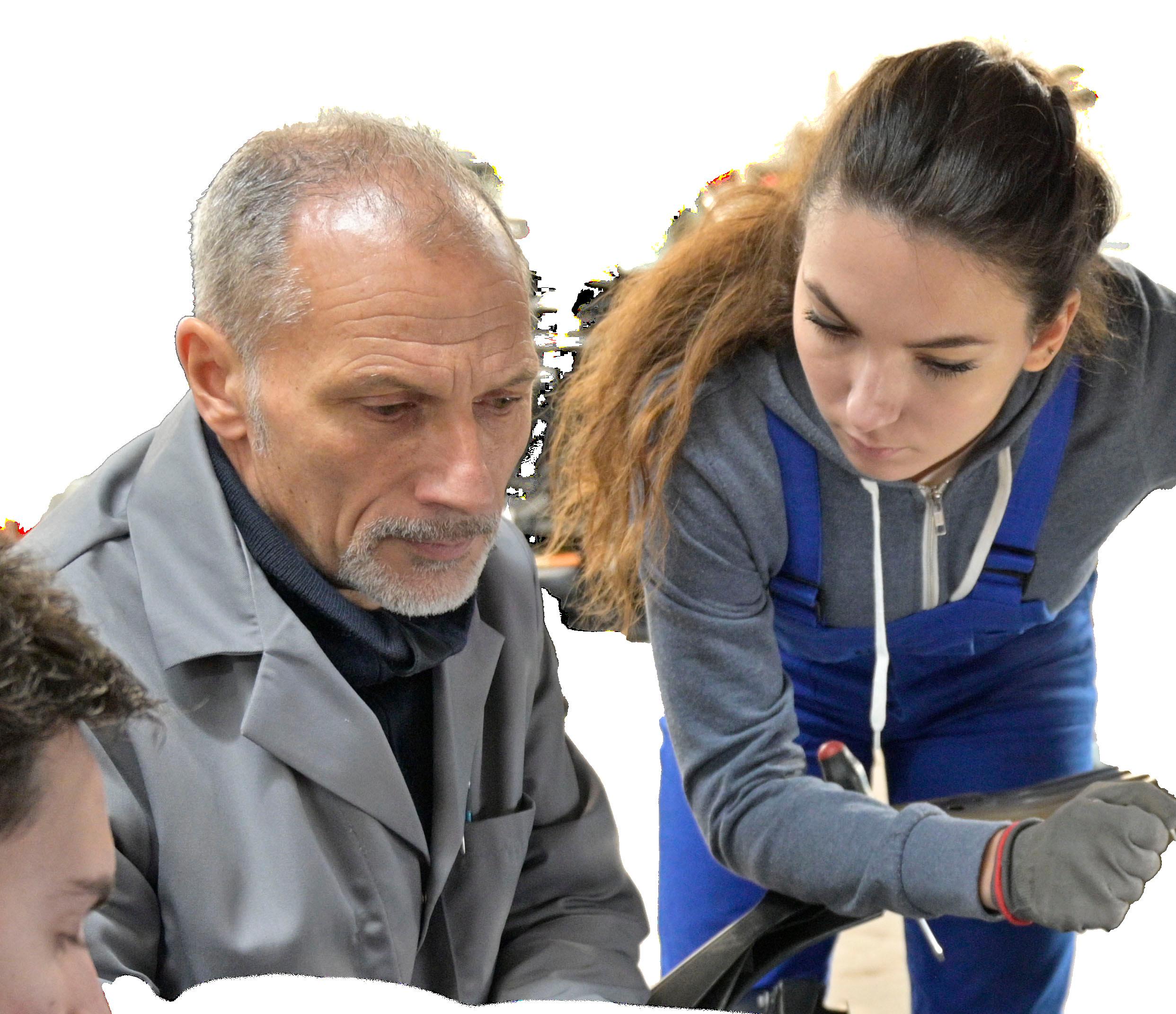

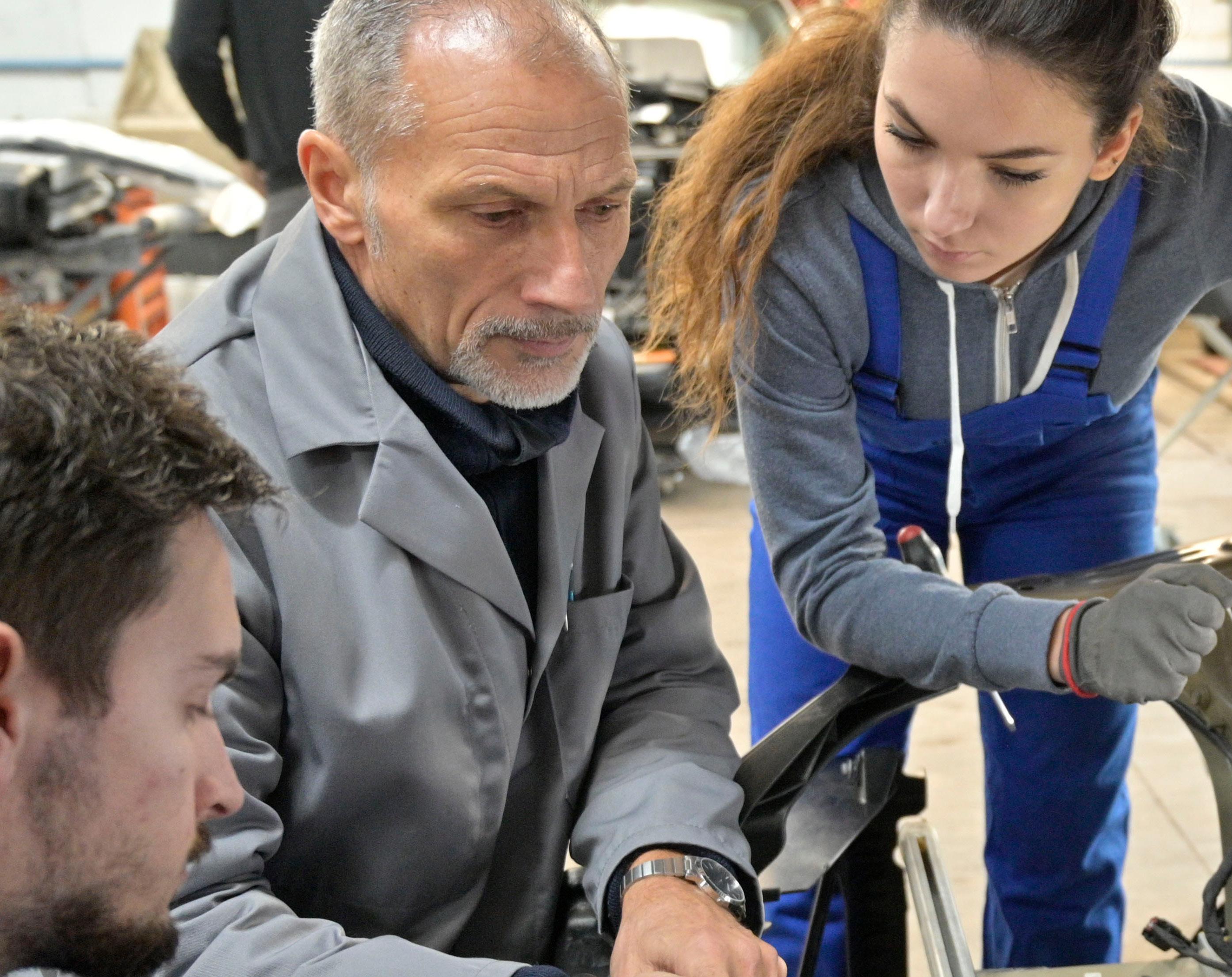
THE PRO’S CHOICE FOR GARAGE EQUIPMENT & TRAINING
@WORKSHOPPRO
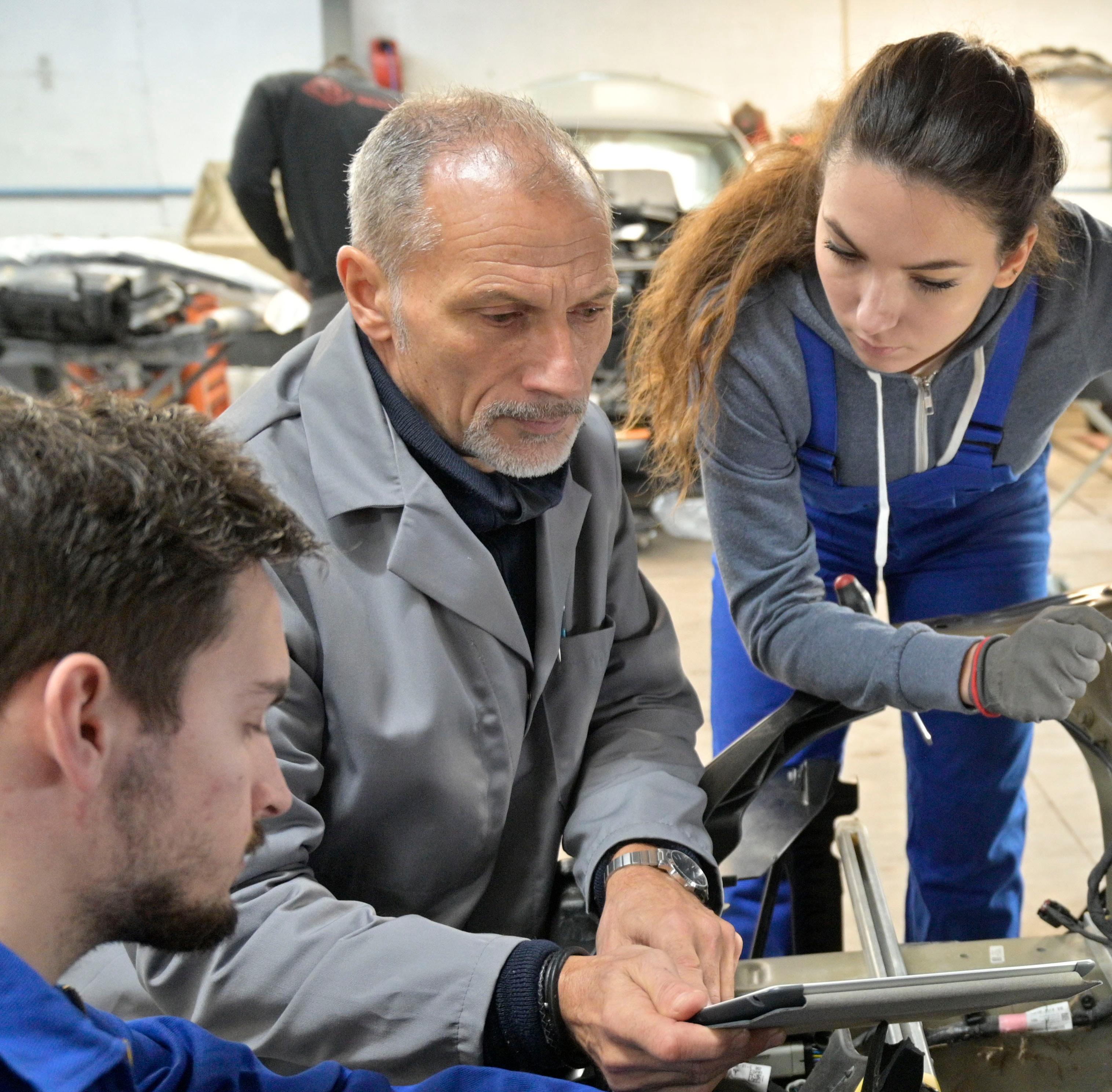






THE PRO’S CHOICE FOR GARAGE EQUIPMENT & TRAINING
@WORKSHOPPRO


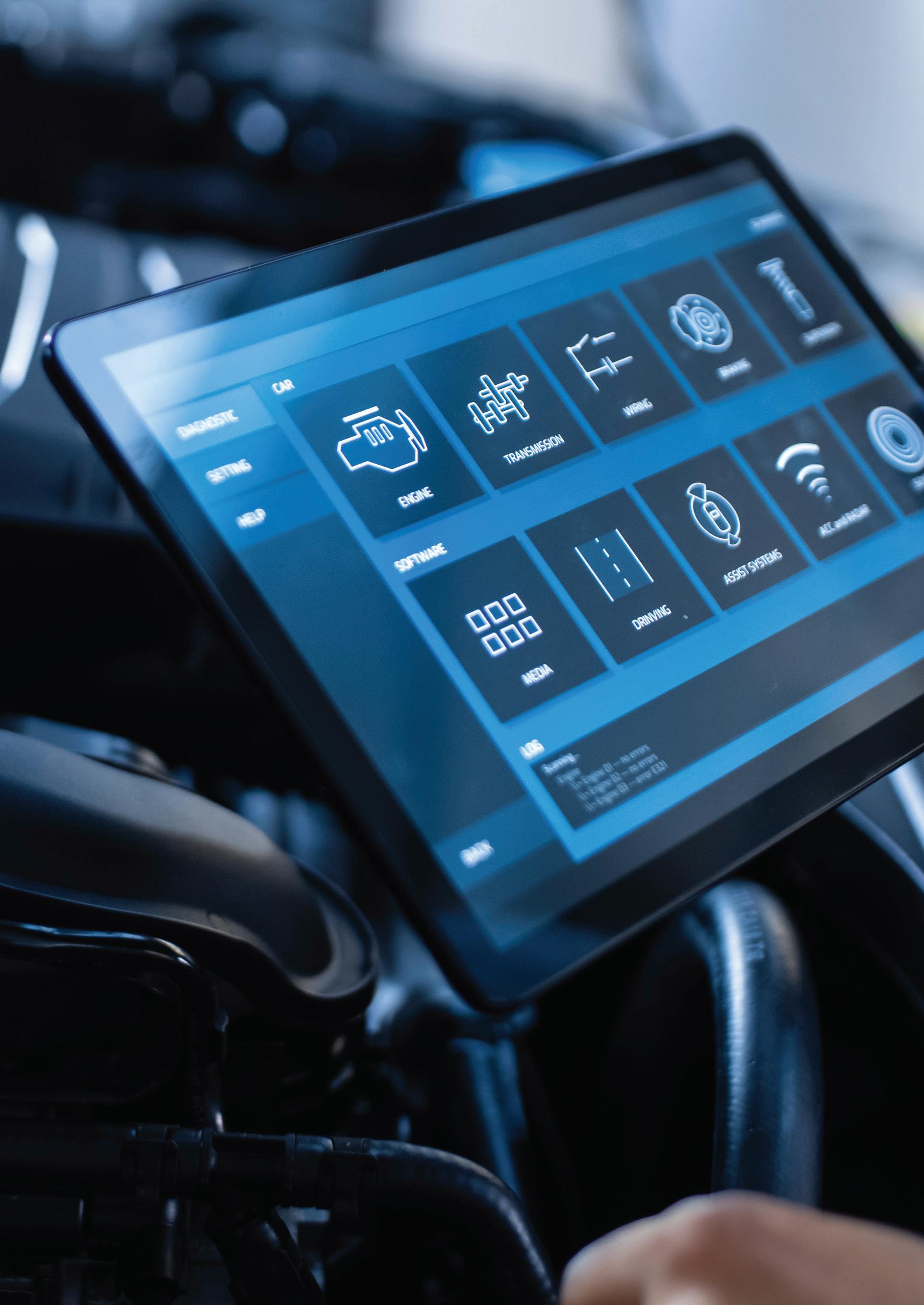







IMI PROFESSIONAL DEVELOPMENT PROGRAMME 4-5

THE PROFESSIONAL SERVICE ADVISOR 6-7

THE PROFESSIONAL EV TECHNICIAN 8-9
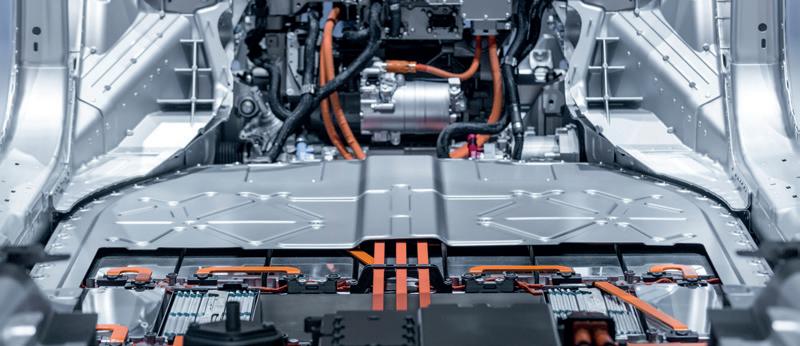
THE EXPERT DIAGNOSTIC TECHNICIAN 10-11

THE EXPERT CV DIAGNOSTIC TECHNICIAN 12-13
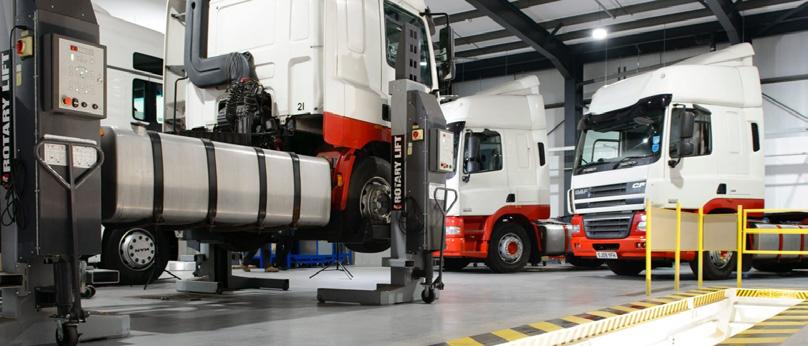
WORKSHOP PRO ACADEMY 14-15
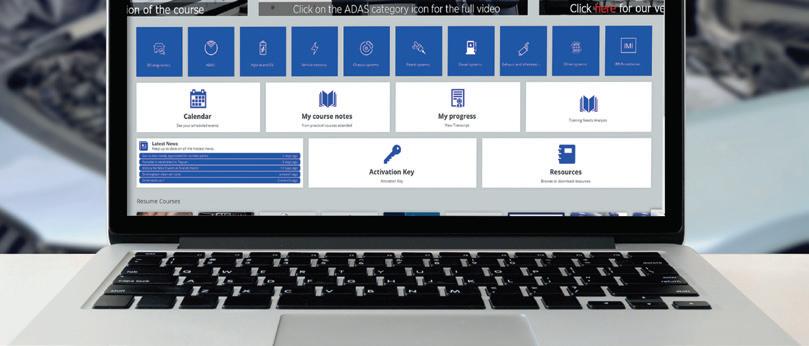



• Present key financial terms and business goals
Measure business performance
• Explain Key Performance Indicators (KPI’s)
• Break down costs, Gross Profit (GP), and Net Profit (NP)
• Control costs effectively
Review part purchasing and return strategies
• Improve labour and parts efficiency
• Calculate labour and recovery rates
• Clarify profit margin vs. mark-up and risks
• Map the customer journey
Review core business processes
• Highlight the importance of diary management and parts ordering
• Cover technical data and GDPR essentials
• Explain risks of customer-supplied parts and trade MOT’s
• Introduce methods to maximise workshop loading
• Legal and regulatory requirements
• Analyse staff skills and training needs Plan for future skill growth
• Emphasise clear work instructions for teams
• Compare staff development vs. external hiring
• Outline the career path from apprentice to MOT tester
• Adopt Search Engine Optimisation (SEO) Build a positive company image
• Refresh the online customer experience
• Promote business goals and developments
• Show effective use of social media Prepare for new and emerging technologies




Introduction to vehicle layouts and core systems (engines, transmission, steering, suspension, braking, electrics, hybrid/electric)
Understand maintenance requirements and service intervals
• Explore common system issues and causes
• Present effective diagnostic questioning techniques
• Map the customer journey
• Ensure excellent service
Explore effective communication skills
• Highlight the importance of diary management and parts ordering
• Present product upselling strategies
• Show methods for handling conflict and difficult conversations
Present workshop processes that maximise potential
• Identify skill strengths and gaps
• Plan for future skill requirements to support growth
• Emphasise clear communication
Explain key aspects of workshop compliance
• Explore the fundamentals of Advanced Driver Assistance Systems (ADAS)
• Present safe working practices around electric and hybrid vehicles
• Highlight dangers and precautions to prevent injury



IMI Level 2 Award
IMI Level 3 Award
IMI Level 4 Award
NTDA Licensing
Techsafe Registration*


EV2.2:
• Work safely on electric and hybrid vehicles
• Use technical information to complete tasks
• Carry out repairs on high-energy electrical systems
• Record information and provide clear recommendations
EV3:
• Safe practices with electric and hybrid vehicles
Use technical information to complete tasks
• Carry out repairs on high-energy electrical systems
• Record information and provide suitable recommendations
• Present the basics of vehicle electrics
• Introduce computer-based test equipment Assess the serviceability of vehicle systems
• Inspect and test high-voltage EV systems
• Carry out EV inspection, best practice and service routines
Present the types of electric and hybrid vehicles
• Identify hazards in high-energy electrical systems
• Safe practices around EVs, including charging procedures
• Explain EV-specific tyre requirements Apply tyre repair standard BSAU159g
• Demonstrate best practice for jacking EVs
• Introduce safe working practices for fleet checking
• Provide the knowledge of dangers when repairing live high-voltage components
• Provide skills and awareness to carry out repairs safely Emphasise the importance of compliance and correct safety precautions
Identify hazards in EV high-voltage systems
• Outline HSE responsibilities in line with regulations
• Diagnose diagnostic trouble codes (DTC’s)
• Investigate low-voltage faults effectively Interpret wiring diagrams with accuracy
IMI Level 2 Award
IMI Level 3 Award
Autotech Training Workshop Pro Accreditation Face to Face



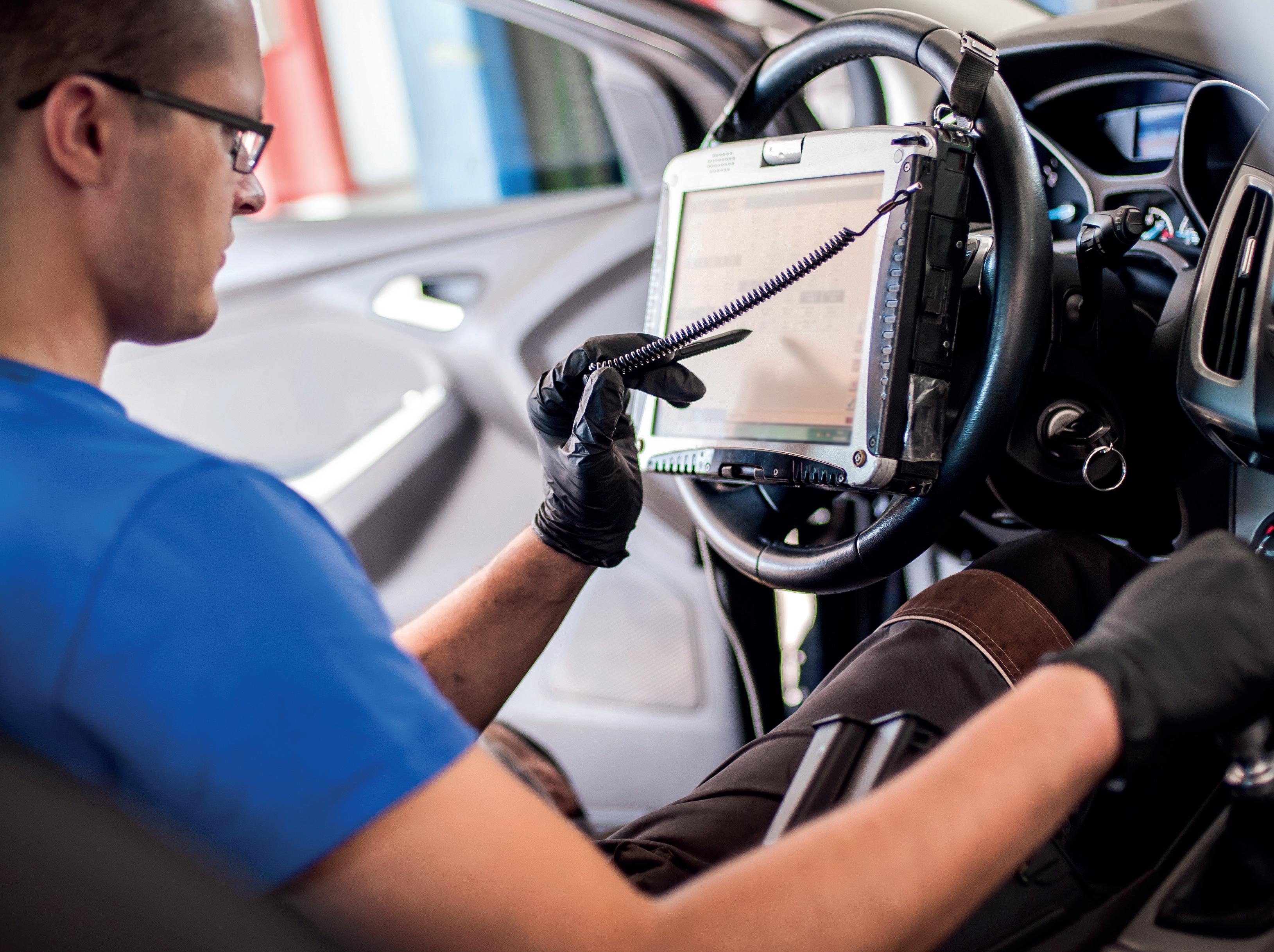
• Explore the different types of electricity
Show how electricity behaves in various circuits
• Demonstrate how to follow basic wiring diagrams
• Test electrical circuits using a multimeter
• Explain series circuits and parallel circuits
Clarify voltage (V), amperage (a), resistance (R), and power (P)
Safe practices for live circuit testing
EV2.2:
• Work safely on electric and hybrid vehicles
• Use technical information to complete tasks
• Carry out repairs on high-energy electrical systems
• Record information and provide clear recommendations
EV3:
• Safe practices with electric and hybrid vehicles
• Use technical information to complete tasks
• Carry out repairs on high-energy electrical systems
• Record information and provide suitable recommendations
Apply diagnostic processes across various vehicle systems
• Explain crystallisation and its effects
• Show regeneration processes and common issues
• Identify blocked filters and their causes.
• Demonstrate sensor operation and testing
• Introduce diagnostic equipment and data reading
• Provide an overview of service procedures and regeneration
• Demonstrate accurate testing of NOx, heat, and pressure sensors, plus communication lines
• Perform pressure testing and compare live data effectively
Build a strong diagnostic mindset
• Present strategies for overcoming self-doubt
• Follow a structured diagnostic process
• Gather evidence to support conclusions
Apply the input, process, and output method
• Use a flow diagram approach for clarity
• Apply process of elimination techniques
• Explore the back-to-front diagnostic technique
Apply the end-split technique for complex issues
• Emphasise the principle of “no substitution for substitution”
• Identify and test components
• Fault finding through use of equipment and guided diagnosis
• Demonstrate live testing to support fault diagnosis
• Introduction to fuel injectors
• Introduction to ECU’s and common faults



IMI Level 2 Award
IMI Level 3 Award
NTDA License
Autotech Training Workshop Pro Accreditation

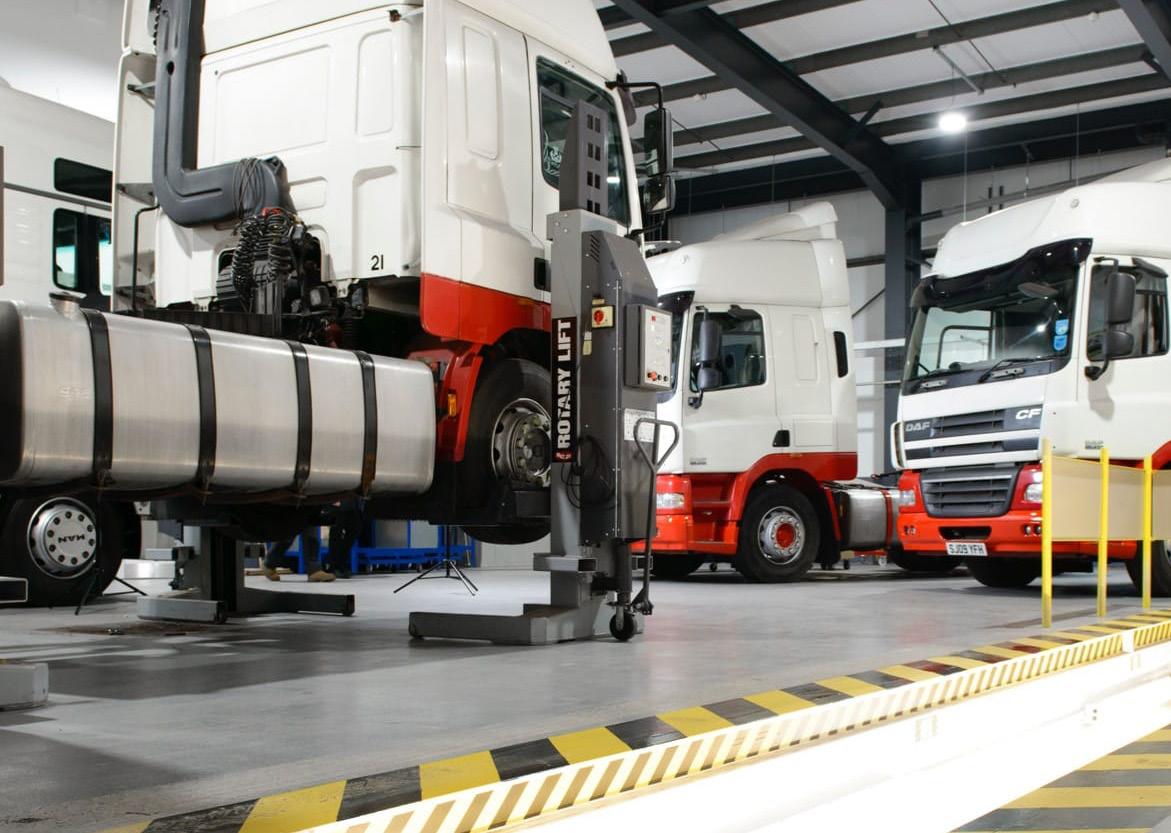
• Explore the different types of electricity
Show how electricity behaves in various circuits
• Demonstrate how to follow basic wiring diagrams
• Test electrical circuits using a multimeter
• Explain series circuits and parallel circuits
Clarify voltage (V), amperage (a), resistance (R), and power (P)
Safe practices for live circuit testing
• Apply diagnostic processes across various vehicle systems
• Explain crystallisation and its effects
• Show regeneration processes and common issues
• Identify blocked filters and their causes.
• Demonstrate sensor operation and testing
• Introduce diagnostic equipment and data reading
• Provide an overview of service procedures and regeneration
• Demonstrate accurate testing of NOx, heat, and pressure sensors, plus communication lines
• Perform pressure testing and compare live data effectively
• Build a strong diagnostic mindset
• Present strategies for overcoming self-doubt
• Follow a structured diagnostic process
• Gather evidence to support conclusions
• Apply the input, process, and output method
• Use a flow diagram approach for clarity
• Apply process of elimination techniques
• Explore the back-to-front diagnostic technique
• Apply the end-split technique for complex issues
• Emphasise the principle of “no substitution for substitution”
• Identify and test components
• Fault finding through use of equipment and guided diagnosis
• Demonstrate live testing to support fault diagnosis
• Introduction to fuel injectors
• Introduction to ECU’s and common faults
HEV2 – Prepare Heavy Electric/Hybrid Vehicles for Repair
Explain system components and their operation
• Identify hazards when working with heavy EV/HEV systems
• Reduce risks for self and others
• Show how to make high-energy systems safe before repairs
• How to reinstate systems after repairs
Apply safe practices to isolate and reinstate high-voltage systems
HEV3 – Heavy Electric/Hybrid Vehicle System Repair and Replacement
• Remove and replace high-energy electrical components
• Demonstrate safe working practices on heavy EV/HEV systems
• Use technical information to guide repairs
• Apply correct tools and equipment
Record findings clearly and make suitable recommendations
• Carry out daily vehicle and equipment checks
• Apply pre-breakdown planning methods
• Approach breakdowns safely and effectively
• Follow essential health and safety precautions
• Apply correct motorway and non-motorway procedures


• E-LEARNING PORTAL
• EXPERT LED COURSES
• TRAINING NEEDS ANALYSIS
• RANGE OF SKILL LEVEL COURSES
• INTERACTIVE ENGINE SIMULATION BITESIZE MODULES 300+

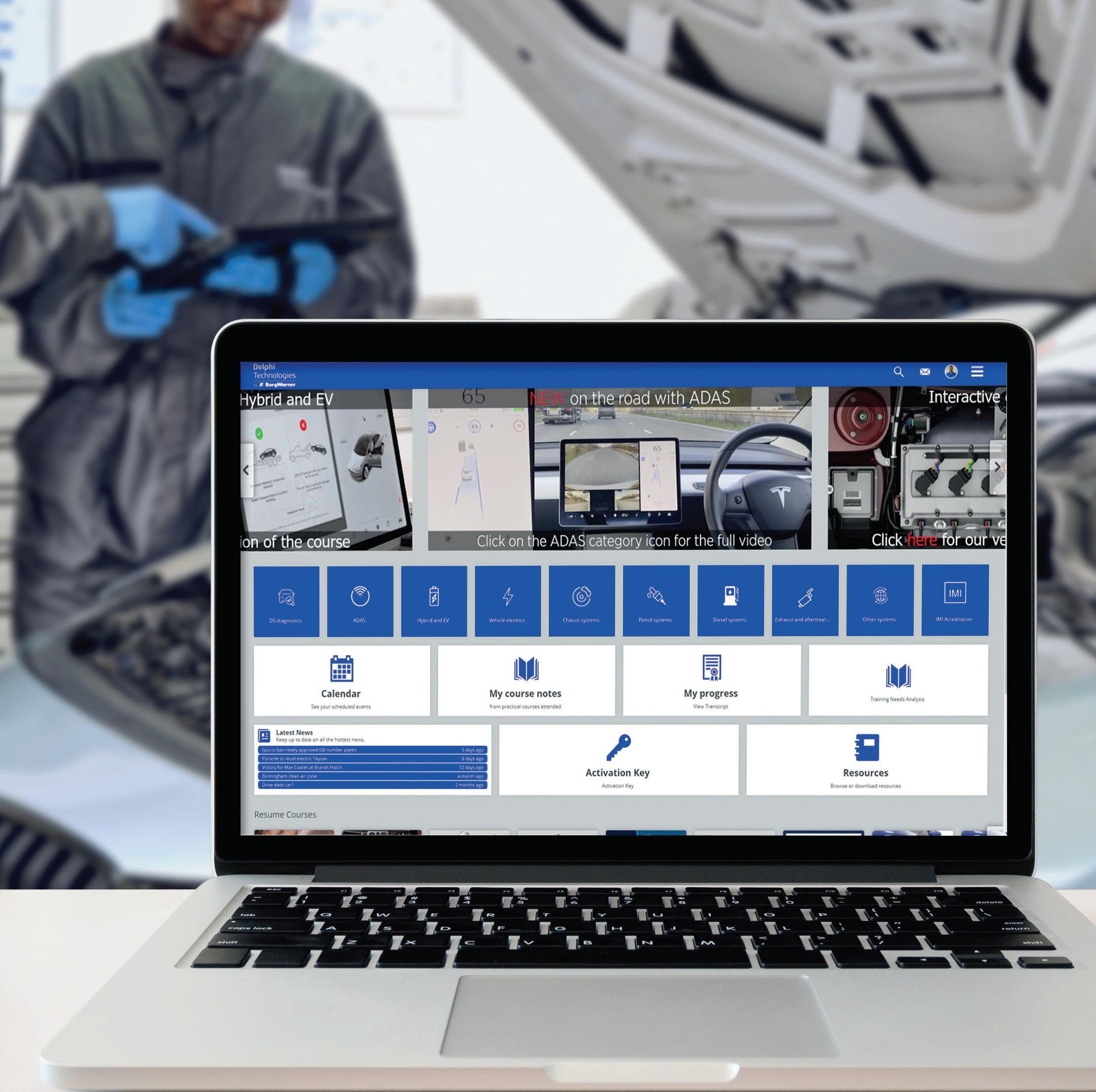



For enquiries, email sales@workshop-pro.co.uk or visit www.workshop-pro.co.uk/training/